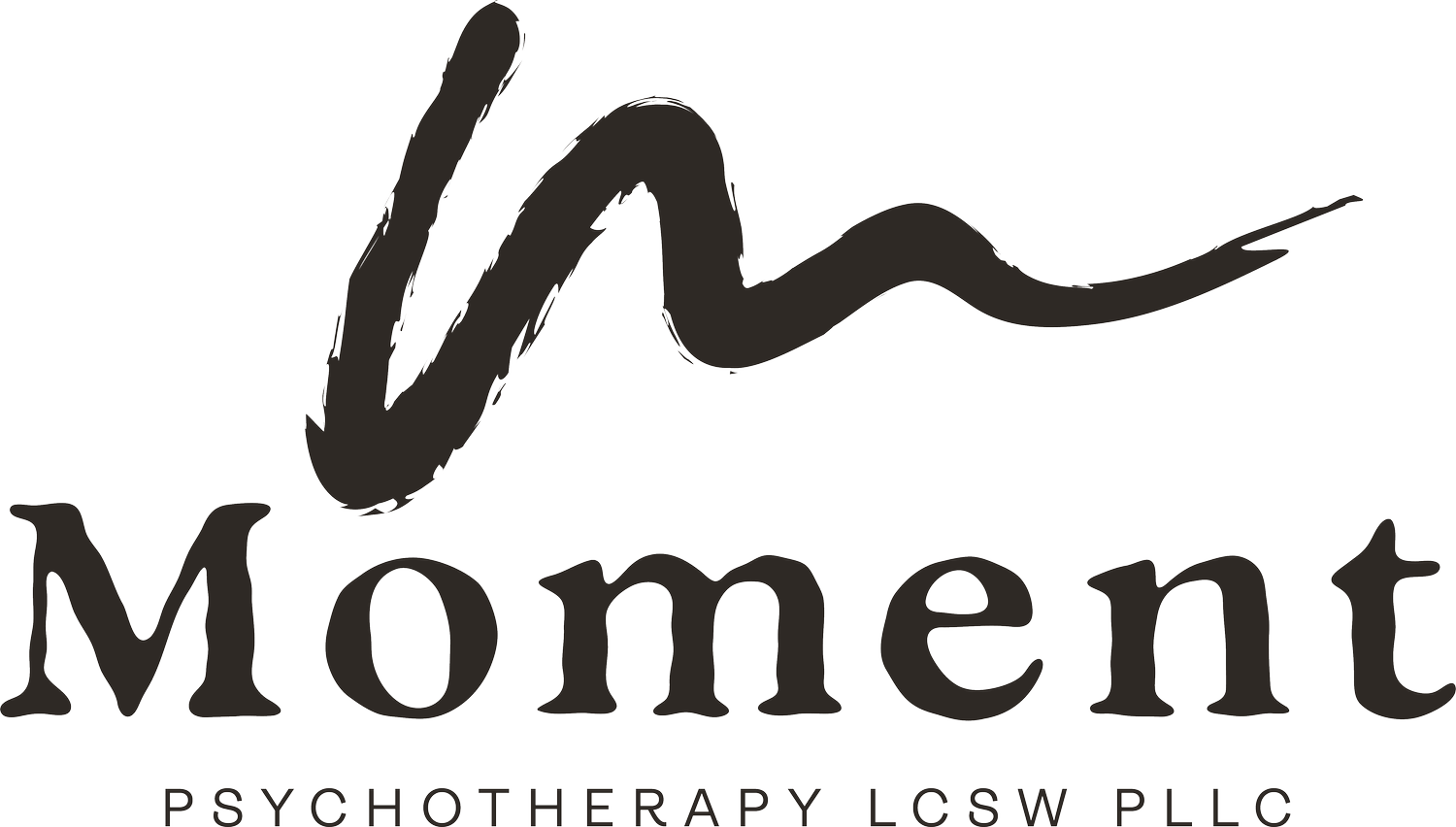Trauma and PTSD Therapy
Trauma can shake our sense of safety and make the world feel unpredictable, overwhelming, or unsafe. Whether you experienced a single distressing event or a series of painful life experiences, trauma often leaves a deep imprint — emotionally, physically, and neurologically.
What Is Trauma?
Trauma refers to a psychological or emotional response to an event or experience that overwhelms your ability to cope. It may involve actual or perceived threats to your life, body, identity, or sense of self.
Not all trauma is the same. What’s traumatic for one person may not be for another. What matters is how the experience lives in your body and nervous system.
Common types of trauma include:
Acute Trauma: A single event such as a car accident, assault, or sudden loss.
Chronic Trauma: Ongoing abuse, neglect, or exposure to violence.
Complex Trauma: Repeated exposure to harmful situations over time, especially during childhood (e.g., emotional abuse, abandonment, or parentification).
Developmental Trauma: Interruptions in attachment or nurturing during early childhood that affect emotional regulation and relationships.
Intergenerational Trauma: Pain and fear passed down through family systems or communities due to colonization, slavery, war, forced migration, or systemic injustice.
What Is PTSD?
Post-Traumatic Stress Disorder (PTSD) is a mental health condition that can develop after experiencing or witnessing trauma. Not everyone who goes through trauma develops PTSD, but for some, trauma symptoms persist and interfere with daily life.
Common symptoms of PTSD may include:
Intrusive thoughts or flashbacks
Nightmares or difficulty sleeping
Hypervigilance or exaggerated startle response
Emotional numbness or detachment
Avoidance of reminders or memories
Feelings of shame, guilt, or hopelessness
Trauma and the Body
Trauma doesn’t just live in your mind — it lives in your body too.
When we experience trauma, whether from a single event or repeated exposure to stress, our nervous system can become overwhelmed. The body may shift into survival states — fight, flight, freeze, or collapse — even long after the threat has passed. These responses are not just psychological; they are physical, automatic reactions rooted in our biology.
You might notice:
Tension or chronic pain (especially in the neck, shoulders, or stomach)
Fatigue, restlessness, or numbness
Difficulty relaxing or feeling safe in your own body
Overreactions to stress or feeling “checked out” or disconnected
Unexplained health issues that don’t respond well to typical treatment
This is not “all in your head.” Trauma can alter how your body regulates stress, emotions, and safety. Over time, this can affect your physical health, relationships, and how you move through the world..
Trauma in different communities
At Moment, I honor and support the resilience of BIPOC, immigrant, LGBTQ+ and first generation therapy seekers by providing trauma-informed, culturally sensitive care that acknowledges the unique challenges and strengths of each community.
-
Immigrants and first-generation individuals may carry the burden of displacement, assimilation stress, and transgenerational trauma. You may have experienced trauma before, during, or after migration — including political violence, separation from family, or navigating a new culture with limited support.
Common themes in immigrant trauma include:
Loss of homeland, language, or cultural identity
Pressure to succeed or "make it" in a foreign land
Guilt related to family left behind or sacrifices made
Navigating legal or systemic barriers under threat of deportation
Feeling invisible, misunderstood, or alienated
Our therapy approach honors the strength it takes to survive these experiences. We provide a safe, nonjudgmental space to explore identity, belonging, and emotional healing.
-
Many Black, Indigenous, and People of Color (BIPOC) experience trauma that is deeply rooted in systemic racism, intergenerational oppression, colonial histories, and cultural invalidation. These forms of trauma are often minimized or misdiagnosed in traditional mental health systems.
Unique trauma in BIPOC individuals may include:
Racial trauma from everyday microaggressions or overt discrimination
Historical trauma tied to forced displacement, enslavement, or genocide
Internalized oppression or chronic vigilance in navigating white-dominant spaces
Lack of access to culturally responsive mental health care
At [Your Practice Name], we hold space for these realities and affirm your lived experience. We support healing that is culturally grounded and rooted in collective liberation.
-
Members of the LGBTQIA+ community often face unique and compounding forms of trauma. In addition to the common causes of trauma—such as abuse, neglect, loss, or violence—LGBTQIA+ individuals may experience trauma related to:
Identity-based discrimination and harassment
Rejection from family or community
Bullying or hate crimes
Religious or cultural condemnation
Internalized homophobia, transphobia, or shame
Systemic marginalization in healthcare, housing, and employment
These experiences can deeply affect a person’s sense of safety, belonging, and self-worth. Trauma may show up as hypervigilance, anxiety, depression, difficulty trusting others, or disconnection from one’s own body or identity.
My Approach to Trauma Therapy
I use evidence-based and body-oriented methods to treat trauma and PTSD, including:
Sensorimotor Psychotherapy: Tracks and integrates bodily responses to trauma
EMDR (Eye Movement Desensitization and Reprocessing): Processes traumatic memories safely
Parts Work and Inner Child Healing: Tends to internal conflicts and neglected emotional needs
Somatic and Mindfulness-Based Skills: Helps restore a sense of calm and agency
Psychodynamic Psychotherapy: Insight-oriented approach explores how unconscious patterns rooted in early relationships may shape your current experiences of safety, trust, and connection.

